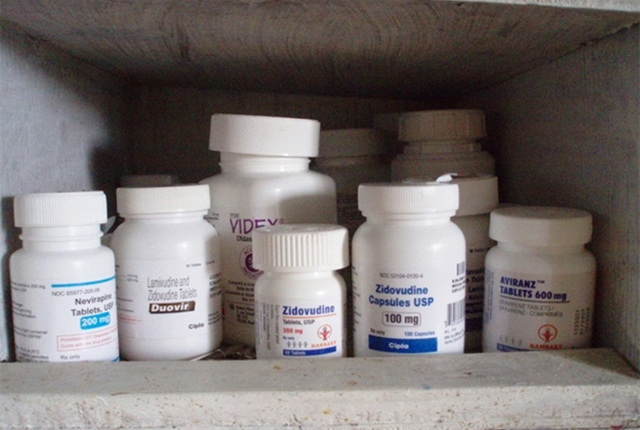
The ManicaPost

Catherine Murombedzi
WHEN the HIV virus enters the blood it weakens the immune system by destroying the white blood cells.
The white blood cells act as the defence system of one. When the defence suffers an attack and is not able to stand the enemy, it means failure of the defence. The body has the ability to stand off some diseases without the intervention of medication e.g. some common colds.
The white blood cells then have the ability to defend the body from attacks. What happens now when the HIV virus enters the system it replicates the bad guys the red blood cells in multitudes thereby destroying the white blood cells. When this occurs we hear one has lost immunity meaning the defence is down hence needs help to get up.
What is this help, how is it possible? There is medication to restore the damaged immune system. This is only repairing the damage just like a car involved in an accident.
When it undergoes repairs it is restored and may look like before. However, it is not the same as before. If a person looks closely they may see it was repaired. Same with the medication that restores the immune system it has to be taken correctly to be able to be effective.
This medication is in the form of anti-retroviral therapy. (ART or ARVs)
Some people who are diagnosed with HIV may be worried about starting anti retro viral treatment because of general fear of life-long mefication.
They may be afraid possible side effects to their internal organs.
They have heard that ARVs have ‘strong’ perhaps ‘toxic’ chemicals that may damage them.
They have heard negative beliefs about anti-retrovirals being dangerous or damaging medicines can cause some people to delay treatment until they feel it is ‘really necessary’.
Some people have the mindset of waiting until their diagnosis gets worse in order to begin ART.
However, scientists, doctors, researchers and top players in the HIV field, at the annual Conference on Retroviruses and Opportunistic Infections (CROI) in Boston recently discussed the importance of beginning treatment early regardless of CD4 count.
Rather than any potential side effects of treatment having a negative impact on people’s quality lives, they used the Strategic Timing of Anti-Retrovial Treatment Study (START) to show that people who began treatment early had a significant improvement in the quality of their lives than people who waited until their CD4 count dropped.
The study began in 2011 and enrolled over 4 500 adults, all who entered the trial with a CD4 count above 500 cells/mm3.
Over the years, the study started to add more participants, eventually reaching over 14 000 people.
Nearly a third started ART with a CD4 count of 250-350 cells/mm3, while eight percent started once they fell below 250 cells/mm3.
The findings of the study show that HIV causes persistent immune system damage right after infection and indicate that ART should be provided for everyone immediately regardless of CD4 count.
The START participants who started treatment immediately saw benefits regardless of sex, age, ethnicity or geographic region.
Based on the findings, researches concluded that we could not rely on CD4 count to fully capture immune deficiencies in early HIV infection.
“This trial demonstrates that even in people with high CD4s, there is a hole in the immune system if you are HIV-positive,” the main researcher of the study explained.
“ART is able to fill the gaps in the immune system at least partially, but even fully suppresses therapy may not be able to completely reverse immune damage once it’s done, which is why it’s important to start treatment early before that damage can take place,” the research noted.
Researchers added that it will be important to develop new types of treatment beyond ART aimed at restoring lost immune function.
From above information it is imperative to start ART the moment one tests HIV positive funds permitting.
Feedback: [email protected]



